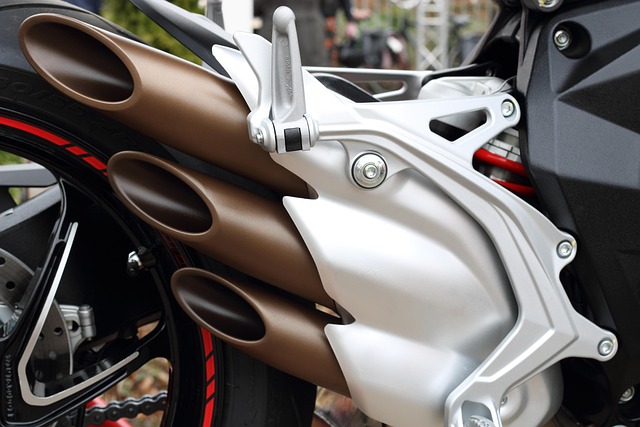
Fuel Efficiency by Speed
Understanding Fuel Efficiency
Fuel efficiency is a critical aspect of vehicle performance, influencing both the cost of driving and environmental impact. One of the most significant factors affecting fuel efficiency is driving speed. This article examines how speed affects fuel economy across different vehicle types, providing insights that can help drivers optimize their fuel usage.
Fuel Economy and Speed
Studies indicate that the average vehicle achieves its best miles per gallon (MPG) at around 55 mph. Beyond this speed, fuel efficiency begins to decline. The following outlines the percentage decrease in efficiency as speed increases:
- At 60 mph: 3% less efficient
- At 65 mph: 8% less efficient
- At 70 mph: 17% less efficient
- At 75 mph: 23% less efficient
- At 80 mph: 28% less efficient
This trend is consistent across various types of vehicles, including conventional gasoline cars, diesel vehicles, and hybrid electric vehicles. Understanding these figures can help drivers make informed decisions about their speed on the road.
Vehicle Types and Their Efficiency
Different vehicle types respond uniquely to changes in speed:
Conventional Gasoline Cars
Midsize conventional gasoline cars achieve optimal fuel economy at 55 mph. As speed increases, fuel economy declines steadily, making it essential for drivers to maintain moderate speeds to maximize efficiency.
Diesel Vehicles
For midsize conventional diesel cars, fuel economy decreases gradually from 45 to 55 mph, but the decline becomes more pronounced at higher speeds. This characteristic highlights the importance of speed management for diesel vehicle owners.
Hybrid Electric Vehicles
Midsize hybrid electric vehicles exhibit a more even loss of efficiency between 45 and 75 mph. This gradual decline means that while hybrids may perform better than conventional vehicles at higher speeds, they still suffer from increased fuel consumption as speed rises.
Practical Implications for Drivers
Understanding the relationship between speed and fuel efficiency can lead to significant savings over time. Here are some practical tips for drivers looking to enhance their fuel economy:
- Maintain a Steady Speed: Use cruise control on highways to avoid unnecessary acceleration and deceleration.
- Avoid Rapid Acceleration: Gradual acceleration can improve fuel efficiency, especially in urban driving conditions.
- Plan Your Routes: Choose routes that minimize stops and starts, which can help maintain a more consistent speed.
- Monitor Tire Pressure: Keeping tires properly inflated can improve fuel economy, as under-inflated tires create more rolling resistance.
- Limit Excess Weight: Remove unnecessary items from your vehicle to reduce weight and improve efficiency.
Conclusion
Fuel efficiency is a crucial consideration for all drivers. By understanding how speed affects fuel economy, individuals can make informed choices that lead to better performance and lower fuel costs. Whether driving a conventional gasoline car, a diesel vehicle, or a hybrid, maintaining moderate speeds can yield significant benefits in terms of fuel efficiency.

















 The Clock Extension in MIT App Inventor
The Clock Extension in MIT App Inventor 
 Health
Health  Fitness
Fitness  Lifestyle
Lifestyle  Tech
Tech  Travel
Travel  Food
Food  Education
Education  Parenting
Parenting  Career & Work
Career & Work  Hobbies
Hobbies  Wellness
Wellness  Beauty
Beauty  Cars
Cars  Art
Art  Science
Science  Culture
Culture  Books
Books  Music
Music  Movies
Movies  Gaming
Gaming  Sports
Sports  Nature
Nature  Home & Garden
Home & Garden  Business & Finance
Business & Finance  Relationships
Relationships  Pets
Pets  Shopping
Shopping  Mindset & Inspiration
Mindset & Inspiration  Environment
Environment  Gadgets
Gadgets  Politics
Politics 